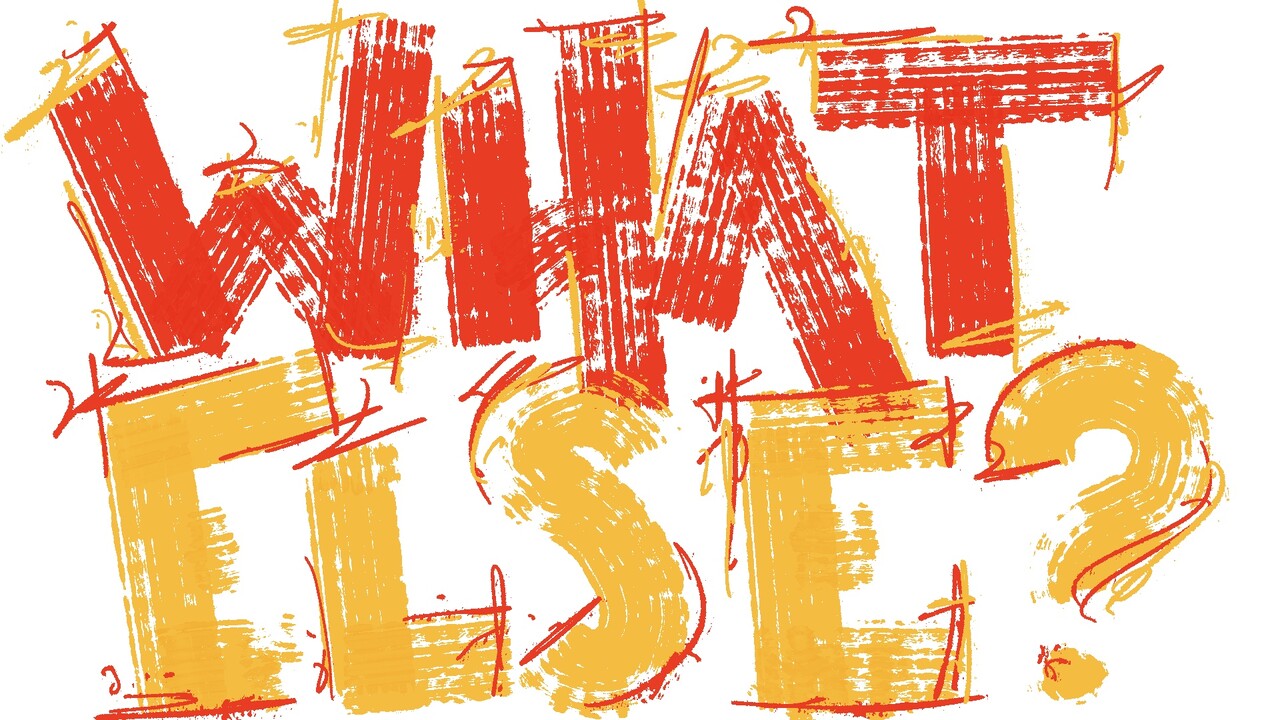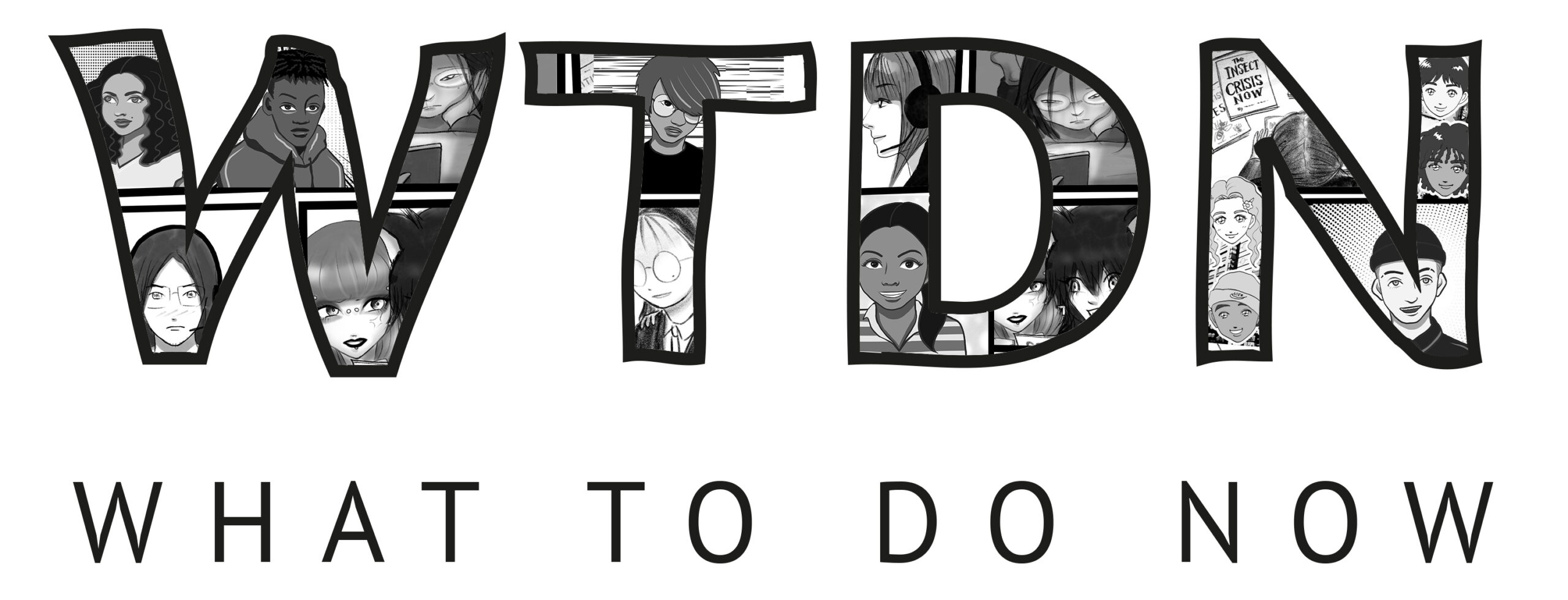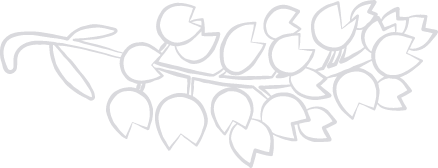
What is Equine Therapy for Addiction Treatment?
Equine therapy is growing in popularity for many reasons, not least that it helps develop the presence and connectedness so important for recovery. This form of therapy not only gets an individual outside in nature, which can be beneficial for their mental health, but it also allows them to develop a connection with another living being by caring for, riding, and interacting with a horse.
Alcohol and drug addiction therapy can take many forms. From individual and group talk sessions to creative outlets such as art and music or mind and body connections like yoga and meditation, multiple therapeutic approaches can help people address the many underlying components of conditions like substance use disorder (SUD). When used together, these various forms of therapy can show promise for individuals who need treatment to find recovery.
At Lilac Recovery Center, we are committed to providing our clients with a variety of therapeutic options as part of an individualized recovery program designed to support an individual on their road to recovery. We offer a wide variety of therapy options to ensure that we can find the best approach for you, including equine therapy in San Diego and Valley Center.
Get Started With Equine Therapy in San Diego
Why Equine Therapy for Alcohol and Drug Addiction?
Equine therapy is a set of treatments that involve clients interacting with horses to improve wellness.
While equine therapy may also help with physical issues, in recent years, equine therapy has been used as a form of treatment for mental health disorders, including alcohol and drug addiction, anxiety, depression and PTSD. Lilac Recovery Center’s horse-assisted therapy in San Diego involves creating an environment where our clients can find healing and move beyond their issues using a series of beneficial interactions with horses.
Horses are extremely intelligent and responsive animals, so to be close to a horse, a person must develop an authentic relationship so the horse can develop trust. This is often done through consistent care and bonding activities. For this reason, equine therapy is much more than riding horses: an individual is also responsible for feeding, grooming, and other interactions necessary to build a true bond.
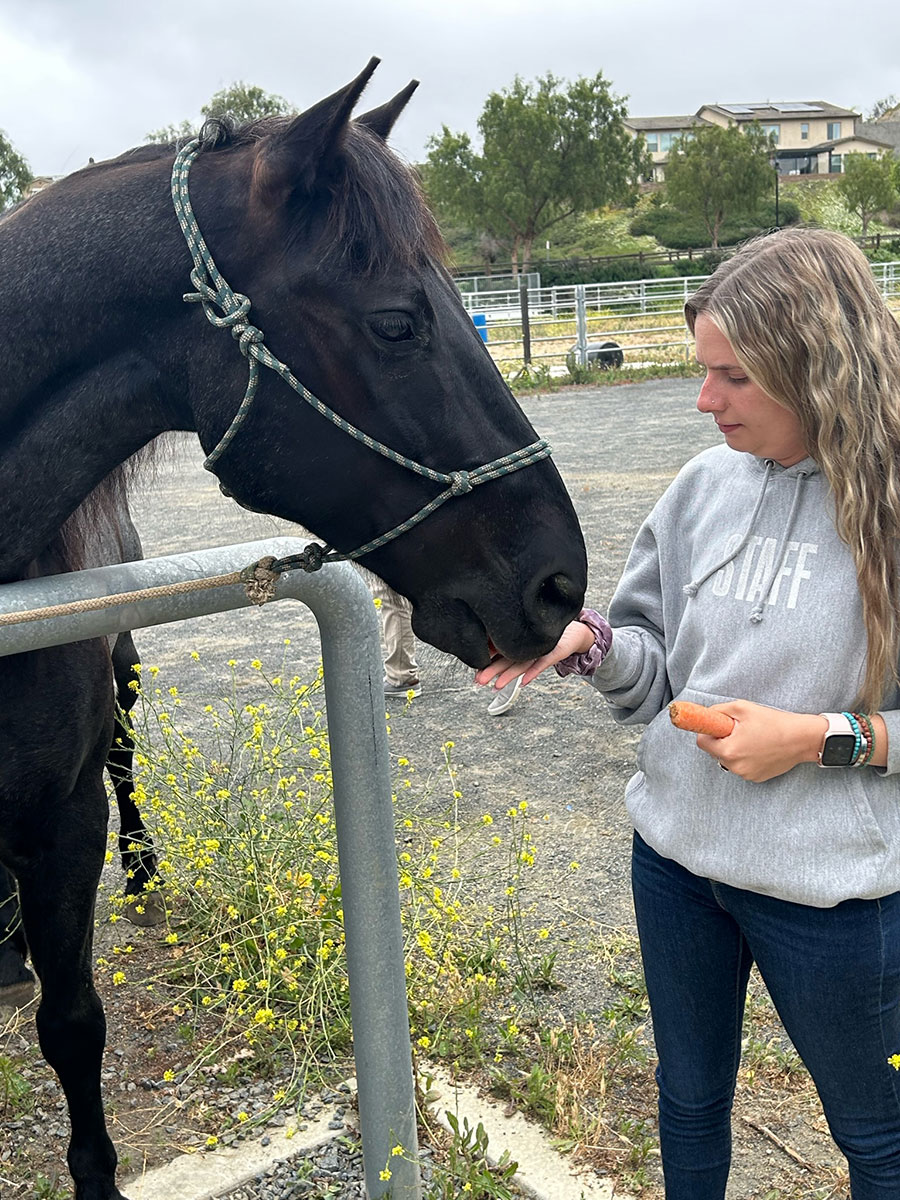
Horses also have the ability to sense changes in a person’s emotional and mental state. In fact, equine experts believe that not only do horses sense emotions, but they also mirror those moods. For example, if a person is feeling depressed or on edge, the horse may demonstrate these behaviors, even when the person is doing their best to hide them. The revealing nature of equine therapy helps both the therapist and the client. The therapist can gain insight into the true mood of their client, and the client can gain better self-awareness.
Finally, it is not uncommon to feel reserved when meeting with a therapist during a traditional therapy session. Especially for individuals in recovery from SUD, there can be a fear of judgment from other humans, even those working to help. When working with an animal such as a horse, there is no such fear of judgment. A horse provides a blank slate and can help with the development of a positive relationship.
How Equine Therapy Helps with Addiction
When a person participates in Lilac Recovery Center’s equine therapy programs in San Diego, their main focus is gaining trust and building a relationship with the horse. As mentioned, since horses are so intuitive to humans, they can help the individual better understand themselves. We utilize equine therapy to improve many physical and emotional aspects of the individual, providing a variety of helpful benefits.
Managing Emotions
For individuals recovering from substance use disorder, it is common to experience depression and anxiety. Anxiety can feel crippling and can be difficult to overcome without learning effective techniques for management. Horse therapy can both serve as an outlet for these emotions, as well as help people develop methods for handling their emotional state moving forward.
It is common for new clients unfamiliar with horses to feel especially nervous at first. Horses are large creatures who expect positive interactions to proceed with building trust. However, if a person is constantly nervous, that horse may start demonstrating those feelings as well. The need to address and manage emotions helps clients become more aware of their triggers, as well as how they can restore a sense of calm to proceed with the therapy session.
Strengthening Communication
Equine therapy can also help improve verbal and non-verbal communication skills, as how you conduct yourself with a horse is just as important as how you speak to the horse. The client must be aware of not only what they are communicating but what the horse is communicating back through its actions. Developing the ability to understand and react to verbal and nonverbal cues can be applied to all aspects of life.
Respecting Boundaries
Like all living things, a horse has its boundaries. When working with a horse, it becomes clear that horses will assert their boundaries with each other and with humans. Just as with humans, trust involves respect, which means honoring the boundaries established. Equine therapy enables people to identify and understand the horse’s cues, from those that are subtle and those that are clear. This, in turn, can help an individual better understand their own boundaries as well as those established by loved ones.
Mindfulness and Relaxation
The concept of mindfulness is often applied not only in therapy but as a way of life for anyone who wants to overcome negativity and intrusive thoughts. However, the concept can be especially useful while in recovery. It can be difficult to adjust to a life that is substance-free since substance use often stems from a desire to self-medicate in some form. Unfortunately, while drugs or alcohol can help numb physical and mental pain, it is only for a short time, which is how the vicious cycle begins.
Practicing mindfulness is one way to focus your thoughts and consider a situation before reacting. This is a great method for discovering your triggers, learning to manage them, and finding ways to maintain a positive mindset. Equine therapy helps a person begin to discover the foundation of practicing mindfulness. Since horses are especially perceptive and reactive to a person’s inner thoughts and emotions, this provides a focal point for learning to slow down, breathe, and relax.
Instilling Confidence
As mentioned, horses, by nature, do not fully trust unless given a reason to do so. To gain their trust, a person needs to communicate effectively, provide care and love, and respect boundaries. This takes time and patience, but once achieved, establishing a relationship with a horse can be a great confidence boost. Individuals in recovery can often feel at their lowest, and building a true bond with an impressive, intelligent creature can help lay the foundation for better relationship experiences in the future.
Holistic Treatments for Addiction and Mental Health
What to Expect From Equine Therapy
Equine therapy is a slow and steady process. This is the best way for individuals in treatment to feel comfortable enough to develop a bond with their horse – and vice versa. For this reason, it is important that equine therapy sessions start with a briefing and introduction. This is a way to get detailed information pertaining to how your equine therapy sessions will unfold. Whether this will be your first time around a horse or you’ve worked with them before, our initial session will answer any questions or concerns you may have.
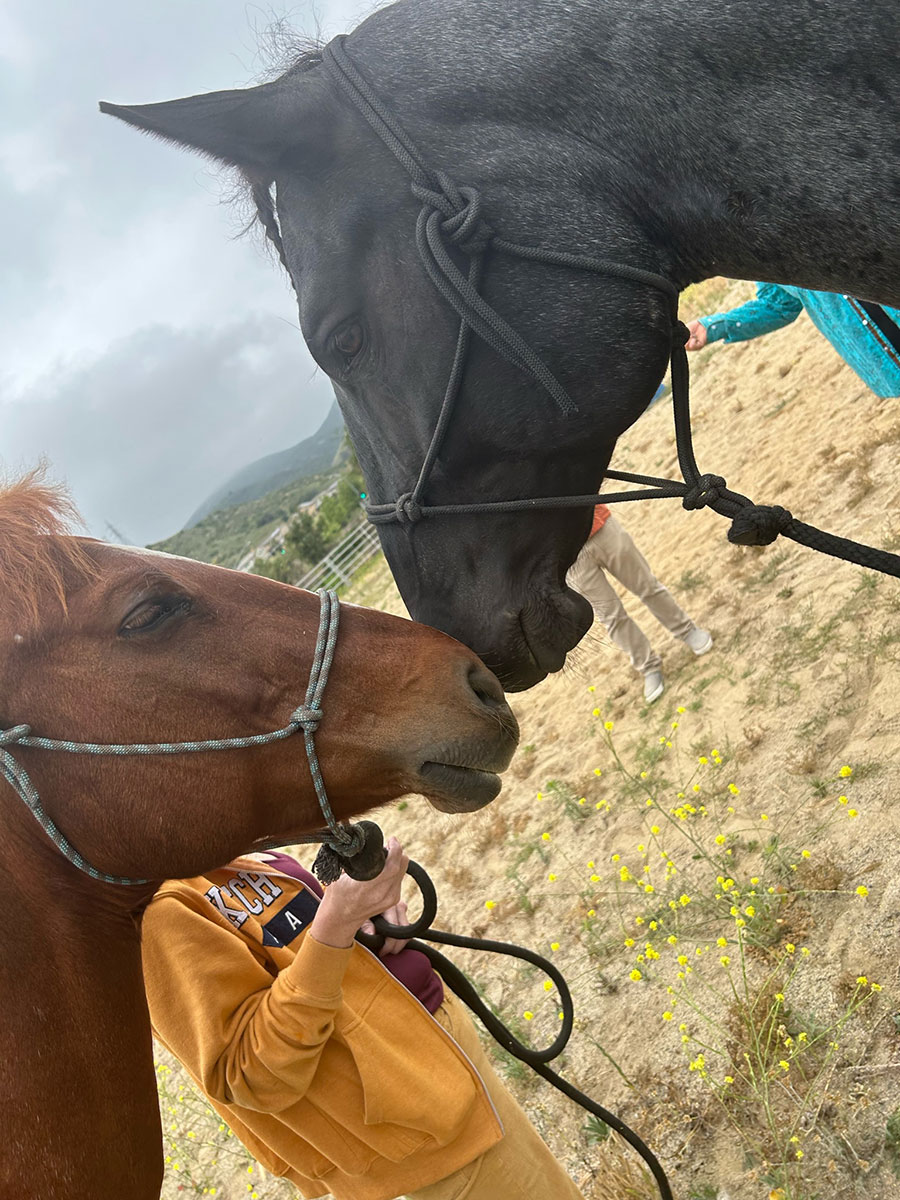
Once horse-assisted therapy sessions truly begin, you can expect to build your relationship with your horse gradually. You may spend a few sessions just standing near the horse or providing light touching before eventually transitioning into actually caring for the horse. It’s important to note that equine therapy is about much more than just taking care of a horse. In a sense, the horse is your avenue to feeling comfortable and confident enough to express what you’re holding inside to a professional who can help. Your therapist will be present during important parts of your equine therapy sessions to monitor your interactions and pick up on cues from the horse that demonstrate your true mental state. Together, you can focus on the here and now and not on your past choices or mistakes.
Common techniques that are often utilized within equine therapy include:
- Talk therapy
- Cognitive therapy
- Roleplay
- Activity practice
- Storytelling
These techniques can alter your equine therapy time, but in general, sessions last from 45 minutes to an hour, depending on your needs. Similarly, how many sessions you need will largely be based on your needs and the individualized treatment program we’ve established at Lilac Recovery Center. Therapy is about progressing at your pace and maximizing the benefits you stand to receive from working with your horse.
Who Qualifies for Equine Therapy in San Diego?
Almost anyone can benefit from working with a horse, but equine therapy may be especially beneficial for those in addiction recovery. It can also help individuals struggling with a variety of mental health issues like anxiety, depression, PTSD, and more. Substance use disorder, along with the other mental health disorders mentioned, often impacts a person’s confidence and feelings of self-worth, causing them to retreat into isolation. Horses have the unique ability to help people learn to become more open and control intrusive thoughts and impulsive behavior.
Equine therapy has been used to address various issues, such as:
- SUD
- Eating disorders
- PTSD
- Attention Deficit Hyperactivity Disorder (ADHD)
- Relationship issues
- Behavioral problems
At Lilac Recovery Center, we know that everyone’s journey is different, which is why we offer a variety of therapy options customized to the individual. This form of therapy is unique in that it allows you to step into nature and interact with a creature that holds no previous knowledge or judgment of your history. When combined with other therapeutic practices, we have seen equine therapy help a wide variety of individuals gain confidence, improve communication, present a willingness to be open, and create a lasting bond with the horses they work with.
Equine Therapy FAQs
Does Equine Therapy Work for PTSD?
Every individual and their set of circumstances is unique, but there are many benefits of working with horses that can prove beneficial to individuals with PTSD. Equine therapy helps to enhance emotional healing, which is a major factor in PTSD. This form of therapy also enforces the need to manage inner turmoil and keep a positive mindset.
Do I Need to Have a History of Working with Horses?
No! Equine history can prove beneficial for anyone, novice and professional equestrians alike. Equine therapy is a gradual process that involves gaining trust and developing a bond with the horse, which is a great way for beginners to become more comfortable. There will always be someone with you to ensure boundaries are respected and step in if necessary.
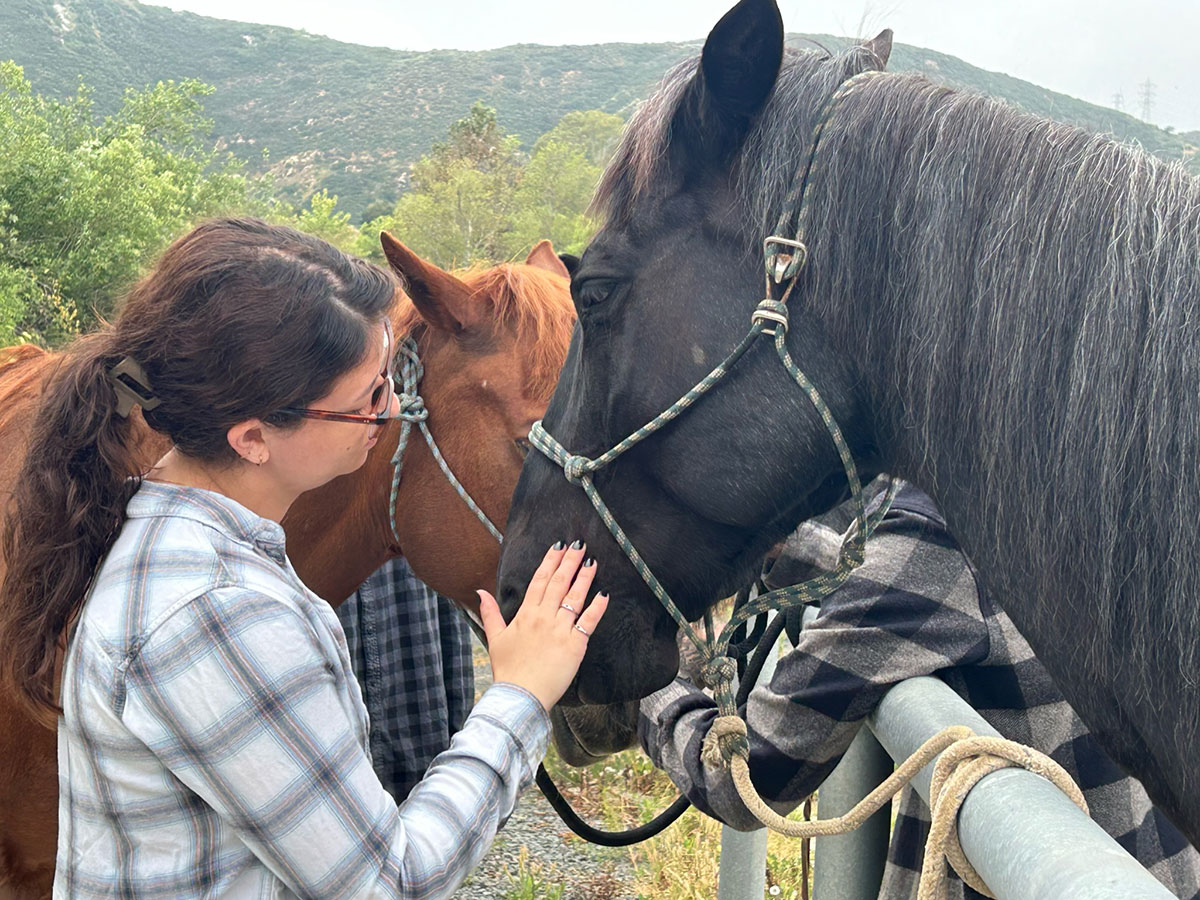
Why Do People Do Equine Therapy?
Many individuals choose equine therapy due to the wide range of potential benefits. This form of therapy can be especially beneficial for those looking to improve their confidence, establish and respect boundaries, improve impulse control, develop trust, and learn to be open and honest. It is also a great alternative or addition to traditional forms of therapy that may feel constrictive or overwhelming at first. Exposure to nature itself can also be an important healing tool, which increases the appeal of equine therapy.
Can Any Horse Be a Therapy Horse?
In a sense, yes – working with any horse can provide some of the benefits of equine therapy. However, the way the horse has been trained is often the most important. Horses should be familiar with and comfortable working with various individuals, many of whom have minimal experience with horses. When you take part in equine therapy, you can rest assured that the horses you work with are ideal for the situation.
What Is an Example of Equine Therapy?
The equine therapy program here at Lilac Recovery Center is an excellent example of equine therapy. Therapy sessions often start with no contact with the horse, just sharing the same space, before another session features the first time touching the horse. As you move toward more interactions with the horse, your therapist will explain your goals for the day, as well as why they are important.
You’ll focus on remaining calm, open, and positive. The horse will mirror your emotions, so the more positivity you can have at the moment, the better the interaction will likely go. Once you’ve made physical contact with your horse, your therapist may work through different techniques, such as cognitive or talk therapy, to assess what that moment means to you, how it feels, and how it can be applied to your life outside of therapy.

Equine Therapy at Lilac Recovery Center in San Diego
Therapy is an important part of the journey to long-term recovery. For individuals overcoming the effects of substance use disorders, equine therapy can provide a means to regain confidence, face tough emotions, and develop the ability to be open and honest with others. In this way, equine therapy can be a critical component of a holistic, personalized treatment program.
At Lilac Recovery Center, we believe in using holistic approaches as part of a uniquely tailored treatment program built to address not only the addiction but the person as well. Improving the body and mind connection can help you face your triggers and develop healthy coping mechanisms. See how shaping this body and mind connection while also finding fulfillment in caring for, and gaining trust from an intelligent, powerful creature, can help you develop the skills you need to maintain recovery.
Contact us to learn more about treatment personalized to you, delivered in a safe, luxury environment.
